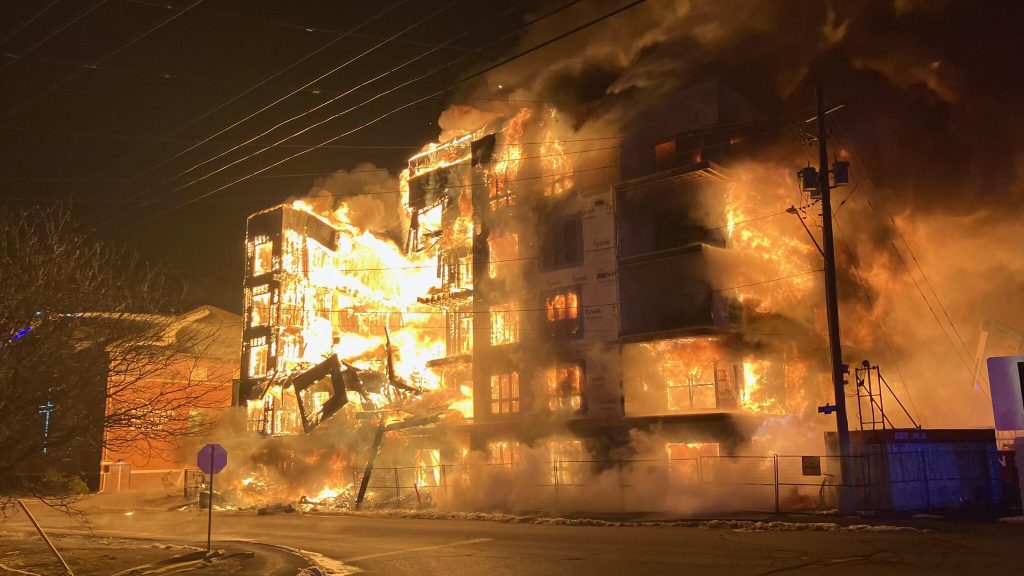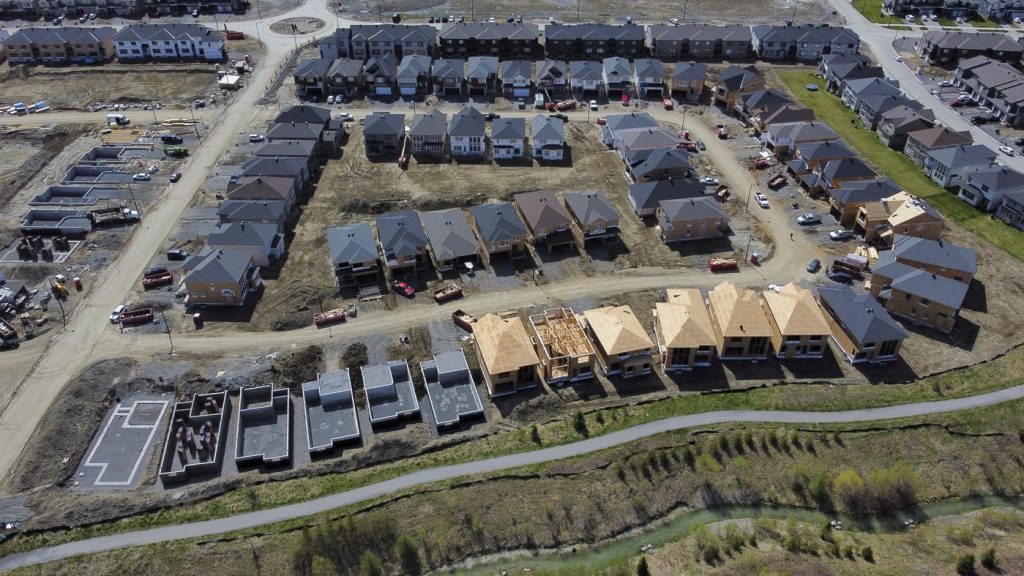Feds not disclosing whether COVID-19 vaccine makers are liable for potential side effects
Posted Dec 8, 2020 09:49:00 PM.
The federal government is refusing to say if drug makers behind potential COVID-19 vaccines have been given an exemption for any legal responsibility if there are serious side effects to their shots.
On Monday, Justin Trudeau announced that Canada will be receiving its first shipments of a COVID-19 vaccine by the end of the year.
Health officials say serious side effects from vaccines are rare, but in health emergencies, it’s not uncommon for countries to offer drug makers a legal exemption to liability; meaning if people experience severe unexpected health problems from the shots, the company is free of lawsuits.
The U.K. has granted this exemption to Pfizer before approving its vaccine for use, and in the United States, drug makers have many protections from legal liability through years of legislation and court decisions.
But Health Canada won’t say if this is the case with Canada’s COVID-19 vaccine agreements. A spokesperson tells CityNews the department can’t disclose those details “to respect confidentiality clauses in our vaccine agreements.”
The prime minister has only offered a vague assurance that Canadians will be protected, and stresses Health Canada has one of the most rigorous review processes in the world.
“There are no corners cut by Health Canada in terms of approving a vaccine for safe use by Canadians,” Justin Trudeau said.
“The contract signed, there were questions of liability and Canada has undertaken the necessary measures to ensure that everyone is protected,” the prime minister added.
The lack of detail from the federal government leaves a question mark around liability.
Currently, if there is an injury as a result of a vaccine, Canadians would have to launch a civil lawsuit against the physician delivering the shot, the public health authority, the government, or the manufacturer, depending on the circumstances.
“Which of course can be very long, is massively expensive, it’s very stressful, and the evidential burdens on the claimants are quite difficult and sometimes insurmountable,” says Shawn Harmon, a Research Associate at the IWK Health Centre and Part-Time Faculty with the Schulich School of Law at Dalhousie University.
Canada is the only G7 country that does not have a vaccine compensation program, which offers cash in the unlikely scenario there is a health problem.
In the U.K. if someone suffers a serious disability as a result of a vaccine, they can receive a payment of roughly $205,000.
Quebec is the only jurisdiction in Canada that has such a program in place, which was set up in 1988. Since then only 284 claims have been submitted for compensation, and only 53 of those cases have led to financial compensation, totalling $6.5-million.
Harmon believes a national compensation system would help calm fears and hesitancy around receiving a vaccine.
“The existence of a system would assure you that there is some support if something happens. It also signals, I think, to people that the government is confident in the vaccines and medicines that they are providing,” Harmon tells CityNews.
Canada’s Chief Medical Health Officer, Dr. Theresa Tam, says so far there have been no serious side effects with potential COVID vaccines and federal and provincial health officials will be monitoring for any reactions. If any are flagged they will be rapidly investigated.
The first doses are expected to arrive sometime next week and up to 249,000 doses of the Pfizer vaccine will hit Canadian soil by the end of 2020.
In the UK, health officials rolled out the first doses of a widely tested and independently reviewed COVID-19 vaccine, starting a global immunization program that is expected to gain momentum as more serums win approval.








